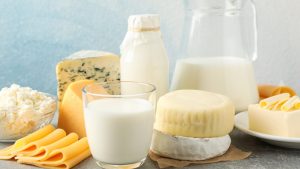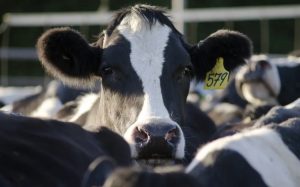
Widespread lockdowns and a second wave of coronavirus outbreaks will keep restaurants shut and customers at home.
The analysts took part in a dairy supply and demand update by video conference, organised by the NZX, concerned with derivatives and data insights.
HighGround Dairy, Chicago, operations director Alyssa Badger said it is difficult to be optimistic of a full recovery in out-of-home eating before the end of 2020.
Sporting events, outdoor gatherings, concerts and eating out during business travel are not going to recover until a vaccine is available.
Intl FCStone, Ireland, European Union dairy consulting head John Lancaster said social distancing will continue to depress restaurants.
“In Ireland they are saying we won’t be able to go to the pub again until after summer and they will be lucky to get back 80% patronage by next year.”
NZX dairy analyst Amy Castleton said food service trading won’t return to 100% for years.
Looming depression is going to reduce dairy demand and the NZX 2021 milk price forecast is below $6/kg, she said.
The analysts pointed out the lack of flexibility and product optionality in United States and EU processing plants.
Milk is being dumped because domestic demand for liquid products, butter and cheese has fallen.
“Switching to more storable products like milk powders are obvious choices but many plants can’t make the change,” Lancaster said.
Storage for dairy products is going to become an issue in the US as it already is for meat, Badger said.
“March was a record month for milk production and butter inventories are already high.
“Processors have asked for 10% voluntary reductions in milk supply to try and ease the inventory build-up.”
Ireland doesn’t have a processing problem though staff absences because of the disease might become an issue, Lancaster said.
The EU has relaxed laws prevening farmers and processors from getting together to agree on milk production reductions.
“France is trying to subsidise reduced production although there is limited funding for special treatment.
“At least no-one is getting incentivised to produce milk right now.”
Castleton thinks NZ milk production will revert to normal in the early months of the new season despite the impact of drought.
“More cows have been carried over because slaughtering has been hard to get and farmers have fed out their winter fodder early but I expect them to recover to normal production in the new season.”

























